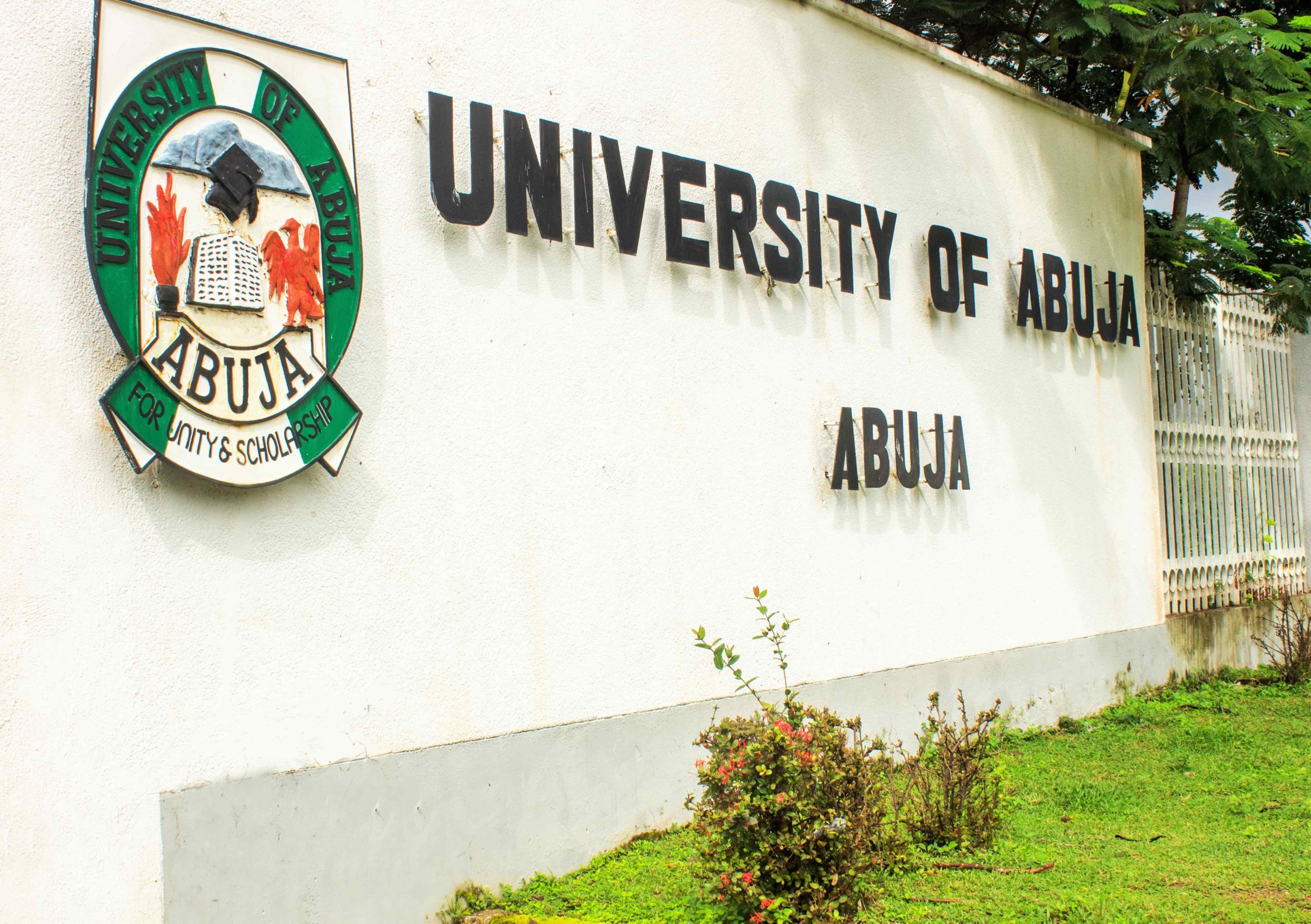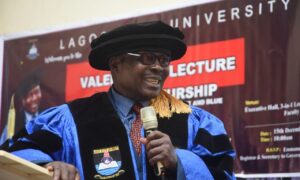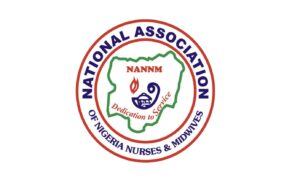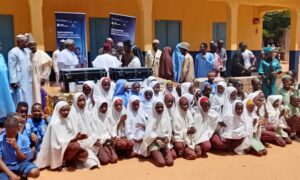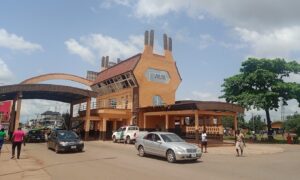The University of Abuja has announced that more than £5 million in research funding is now available to support efforts in tackling sickle cell disease across sub-Saharan Africa.
This was revealed by Professor Obiageli Nnodu, Director of the Centre of Excellence for Sickle Cell Disease Research and Training (CESRTA), during a workshop held in collaboration with the Liverpool School of Tropical Medicine (LSTM). The event, themed “Strengthening Institutional Research Capacity and Safeguarding,” took place in Abuja and brought together stakeholders from various institutions.
According to Professor Nnodu,
“It’s a research that we are carrying out with Liverpool School of Tropical Medicine, Kwame Nkrumah University of Health and Allied Science and Technology, and University of Zambia Teaching Hospital. It’s over 5 million pounds.”
She emphasized the growing need for African institutions to not only access research funding but also develop the necessary infrastructure to manage and apply findings to real-world policies.
“This capacity strengthening workshop is a very important one in our university because over the past four years we’ve had significant increases in the number of research grants that we’re getting. But we also have… a faculty that needs to have their capacity built to participate in funded research,” she added.
Despite the availability of both internal and external grants, Nnodu noted that only a limited number of lecturers have actively sought out and utilized these opportunities.
Imelda Bates, Principal Investigator of the PACTS project, highlighted the decline in external funding for African research and stressed the importance of self-reliance.
“They have their own researchers who can solve the problems of the country rather than having the topics decided by external people. And I think the money is going to be less now so it’s got to be more efficiently used to do the research that the country needs.”
She also noted that the project’s direct engagement with sickle cell patients has drawn support from health insurance companies, which have promised to help cover the cost of medication.
Speaking at the event, Acting Vice-Chancellor of the University of Abuja, Professor Patricia Lar (represented by Professor Rhoda Mundi), expressed optimism that the workshop would empower participants with practical tools and insights. She called for increased awareness and proactive measures to address the impact of sickle cell disease in Nigeria and the region.
The Students Forum Nigeria serves as the ultimate hub for Nigerian students, fostering academic growth, social engagement, and knowledge sharing.

